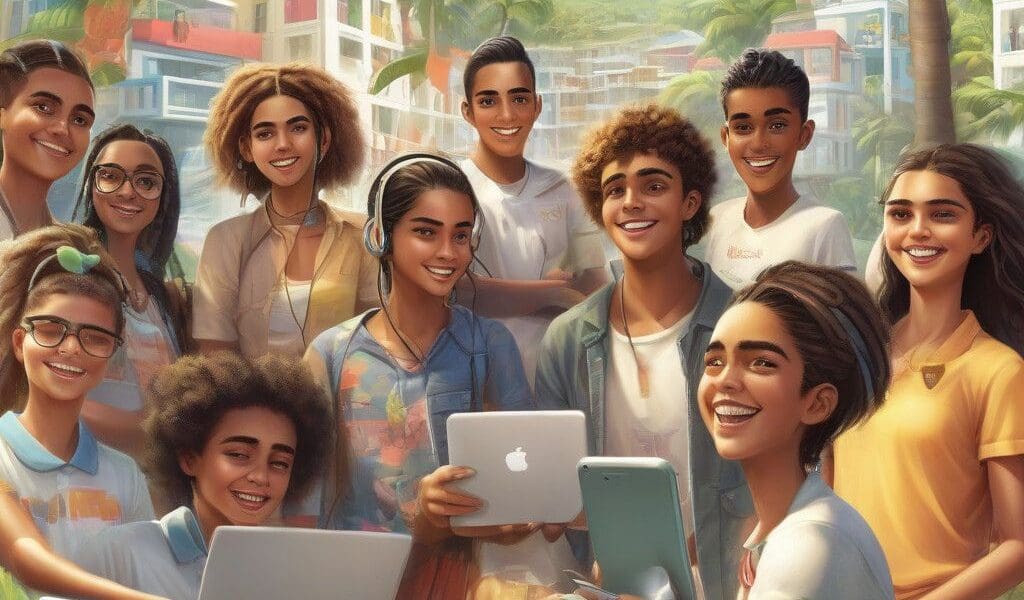### Mauritius to Provide Free Mobile Internet for Youth
The government of Mauritius has announced a progressive initiative to provide free mobile internet to citizens aged 18 to 25, aiming to empower the younger generation digitally. Prime Minister Pravind Kumar Jugnauth emphasized that this initiative is designed to furnish the youth with crucial digital tools and access to educational resources, essential for succeeding in today’s technology-driven landscape.
With an eye on boosting employment opportunities within the IT sector, this program is projected to benefit approximately 100,000 young individuals, facilitating their personal and professional development. To partake in this offering, eligible youth need to register on the Mauritius Revenue Authority (MRA) website, presenting their national identification and mobile numbers for approval. Approved candidates will receive a generous monthly data package of 200GB which can be renewed, a substantial allowance for today’s digital necessities.
This initiative enables users to connect to high-speed 4G and 5G networks via three primary mobile providers: My.t Mobile, Emtel, or Chili Mauritius. Furthermore, with 350 Wi-Fi hotspots spread across the country, young people can stay connected whether at home or on the move, thereby increasing their access to online learning platforms and job opportunities.
The enthusiasm surrounding this initiative has sparked lively discussions on social media. Many young Mauritians have expressed optimism about the newfound opportunities, as this access could bridge significant gaps in digital education and job readiness. However, some critics speculate that this move might also serve as a strategic ploy to encourage young voters to register their SIM cards in preparation for upcoming elections. The feasibility and impact of the program remain topics of active debate.
To substantiate the program, the government hopes to address pressing concerns about the digital divide, particularly in an era increasingly dominated by technology. Statistics from various studies indicate that unequal access to the internet can severely hinder educational and employment opportunities, creating disparities that hamper socioeconomic growth. By prioritizing youth connectivity, Mauritius aims to cultivate a digitally literate workforce poised to thrive in a global economy.
The educational benefits are manifold. For instance, young individuals can tap into e-learning platforms, online courses, and digital libraries, providing resources that may otherwise be inaccessible due to financial or geographic constraints. Access to these platforms can enhance skill sets, making young people more competitive in the labor market.
In similar groundbreaking efforts, other countries have rolled out similar initiatives. For example, Estonia’s e-Residency program has significantly boosted its entrepreneurial ecosystem, allowing individuals globally to establish businesses electronically. Learning from these successes could help Mauritius reinforce and refine its own digital initiatives.
In conclusion, while the initiative appears to be a substantial step toward digital equity, careful implementation and continuous evaluation will be critical. The government must ensure that the excitement surrounding these new possibilities translates into effective learning and career opportunities for young Mauritians. By doing so, Mauritius can position itself as a leader in digital empowerment in the African region.








